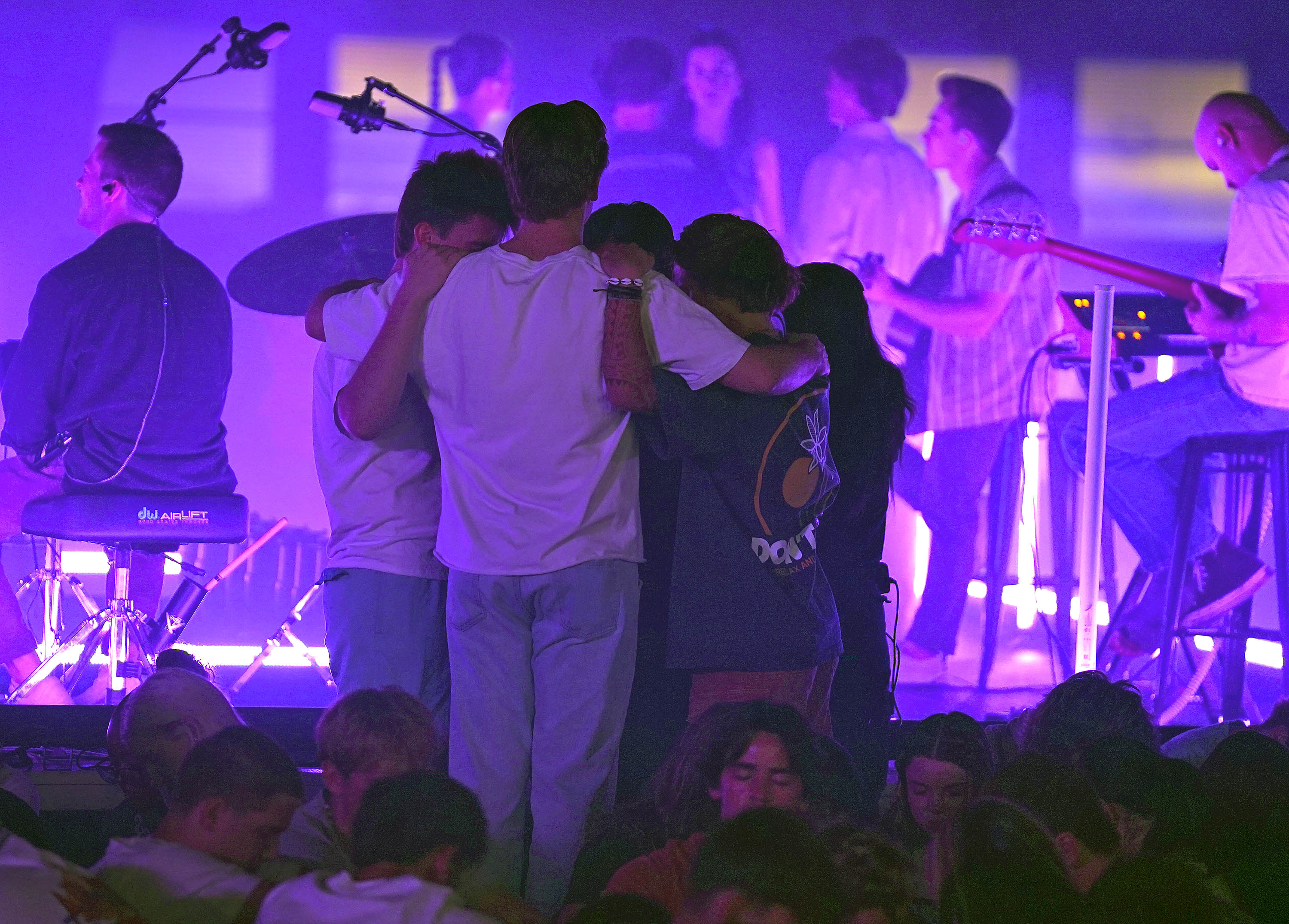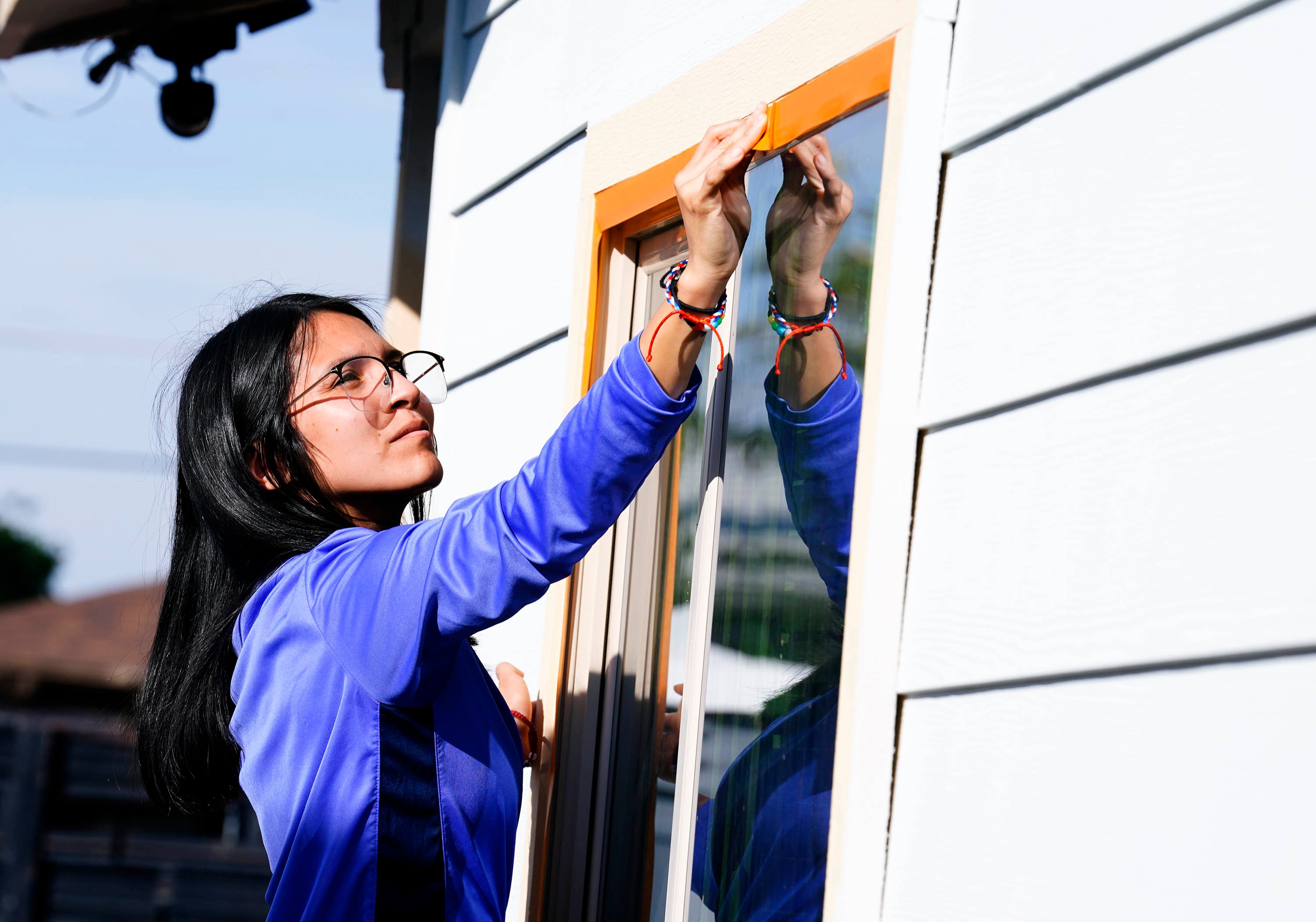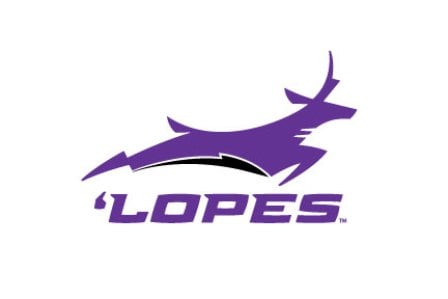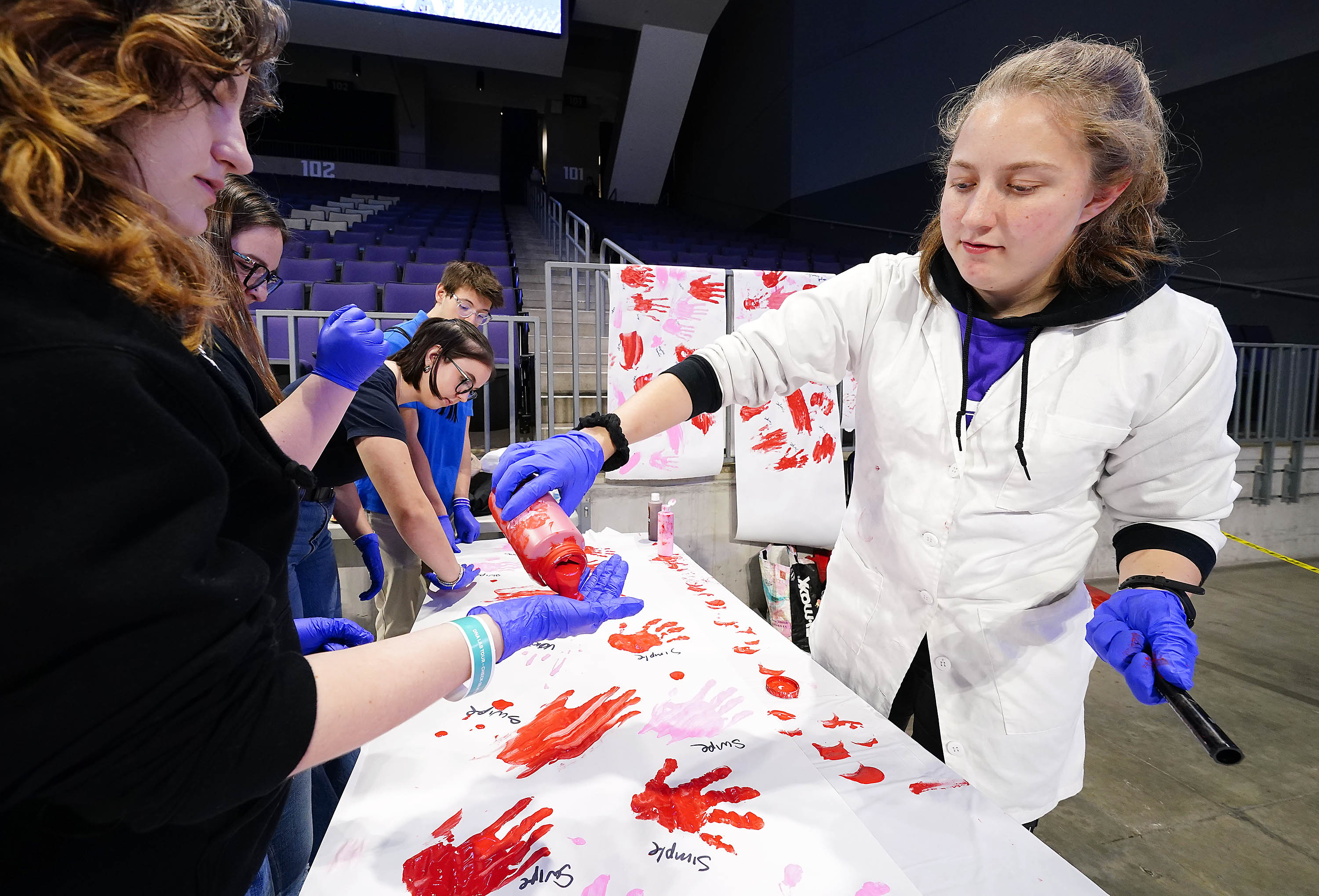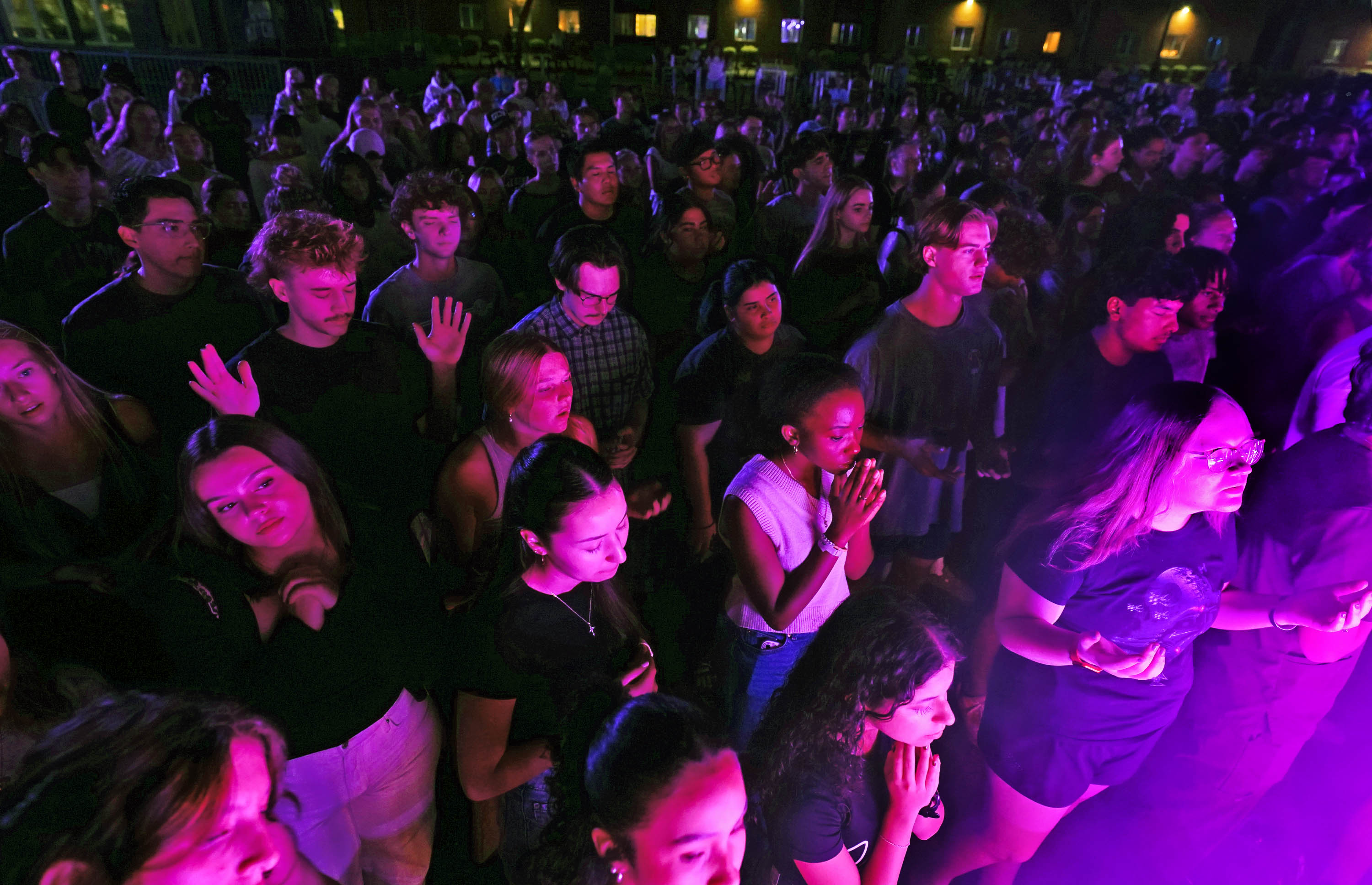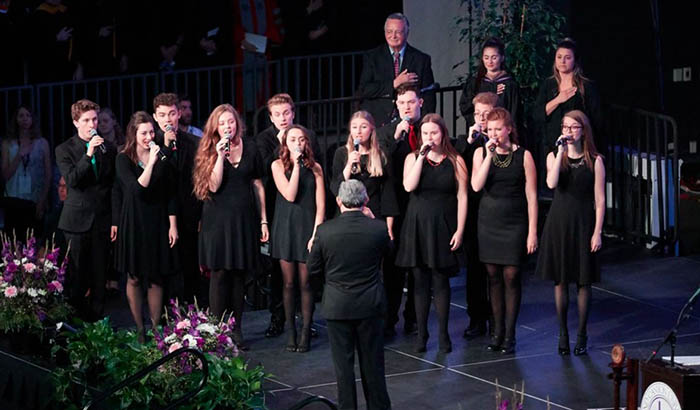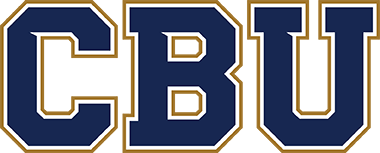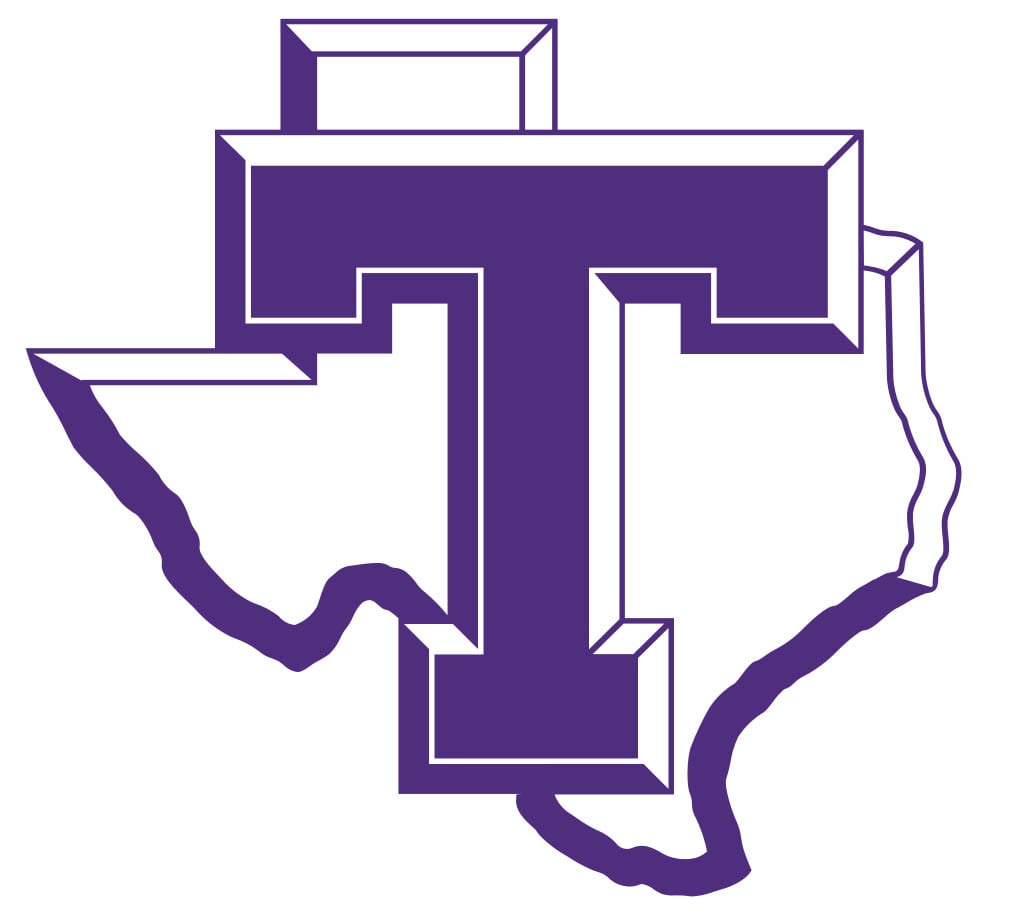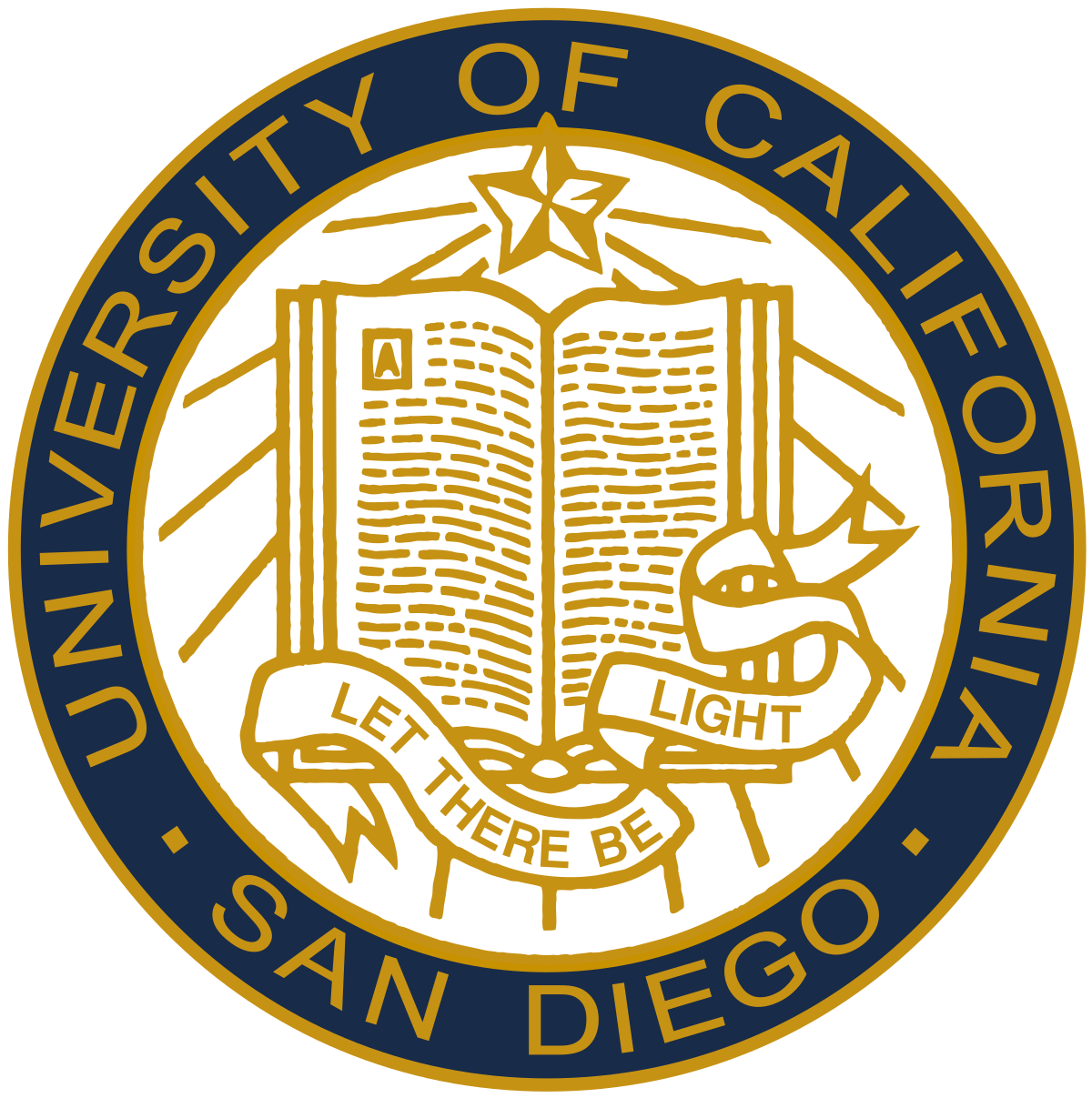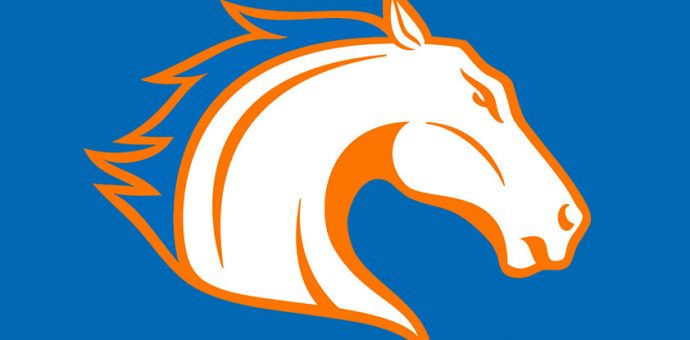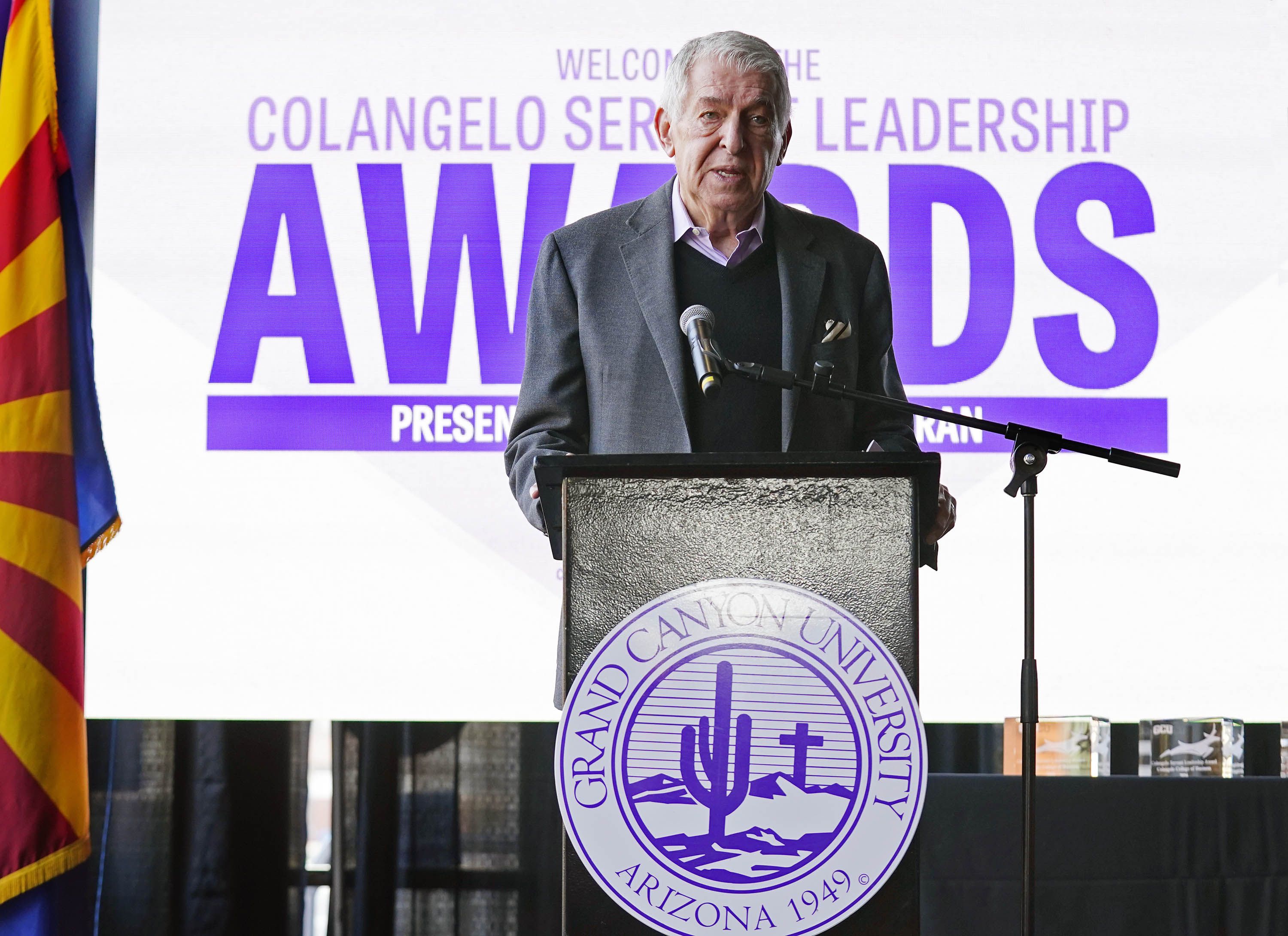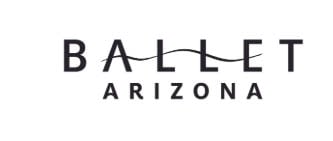Special to GCU News Bureau
Residence halls at Grand Canyon University frequently have fire alarms and drills during the academic year because of cooking and/or burnt food. As the 2020-21 school year begins, now is the time to review fire safety tips and evacuation policies.
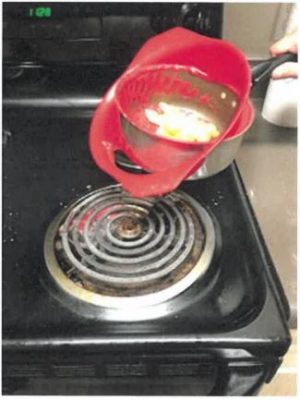
Fire safety cooking tips
When cooking, it is important to be alert start to finish. If you are sleepy or not in the right mindset, you should not begin cooking. While frying, grilling, boiling or broiling food, you always should remain in the kitchen. When simmering, baking or roasting, it is important to check the food regularly. You also should remain in the kitchen and use a timer when simmering, baking or roasting.
Keep anything that can catch fire away from the stovetop. Examples of common flammable objects getting too close to the stovetop:
- Plastic kitchenware: strainers, tongs, utensils, plates, etc.
- Paper towels/kitchen towels
- Cloth
When cooking in the microwave, please make sure that you check that what you are attempting to cook is microwave-safe. For drinkware, bowls and plates, check the bottom of the items to see if they are microwave safe. If you are unsure or there is not text on the bottom of your glassware, please use a different container. As a general rule, silverware and metal objects cannot be microwaved and will cause sparks.
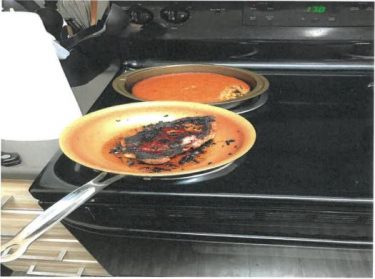
As for the food itself, please follow the directions on the food’s container for cooking times and special instructions. When reheating or heating food, it is important to keep cooking times low. The smaller the portion, the less time needed to heat food. For example, when reheating pasta, start with two minutes, stir and repeat until the food is heated.
Response to fire alarms
When an alarm goes off, you are required to exit the building. It is also required that if you witness a fire, you must notify Public Safety, 9-1-1 and those around you. When exiting the building, head toward the closest exit, closing doors as you leave. If you are not on the ground level, proceed to the closest set of stairs. While evacuating, do not use the elevators. Elevators are reserved for first responder use and to prevent entrapment during emergencies. Also, if you were to use an elevator, it could open on a floor that is actively on fire.
For more information about the difference a closed door makes in a fire, please refer to: https://closeyourdoor.org/

For individuals who cannot use the stairs, please proceed to your building’s Area of Refuge. Generally, the Area of Refuge is located in the stairwells, which are protected by fire-rated doors. This way, first responders will have time to locate and evacuate you.
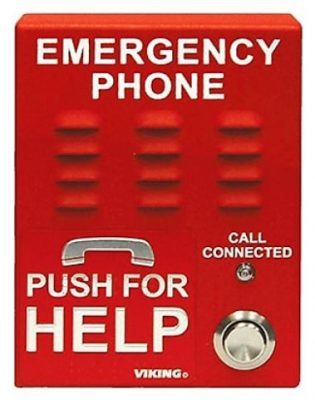
There are emergency phone call boxes located in each Area of Refuge. These emergency phones connect the caller with GCU Public Safety, and they will notify first responders of your location. It is also good practice to let someone who is evacuating know where you will be located; this way, they can inform Public Safety and/or first responders.
Evacuation maps
There are evacuation maps at each floor’s exit. These maps are created and stored by the Environmental, Health and Safety department here at GCU and play an important role in helping students, faculty and staff be better prepared in emergency situations. The evacuation maps provide information on primary and secondary exit routes based on your location, fire extinguisher locations, emergency phone locations and fire pull stations.
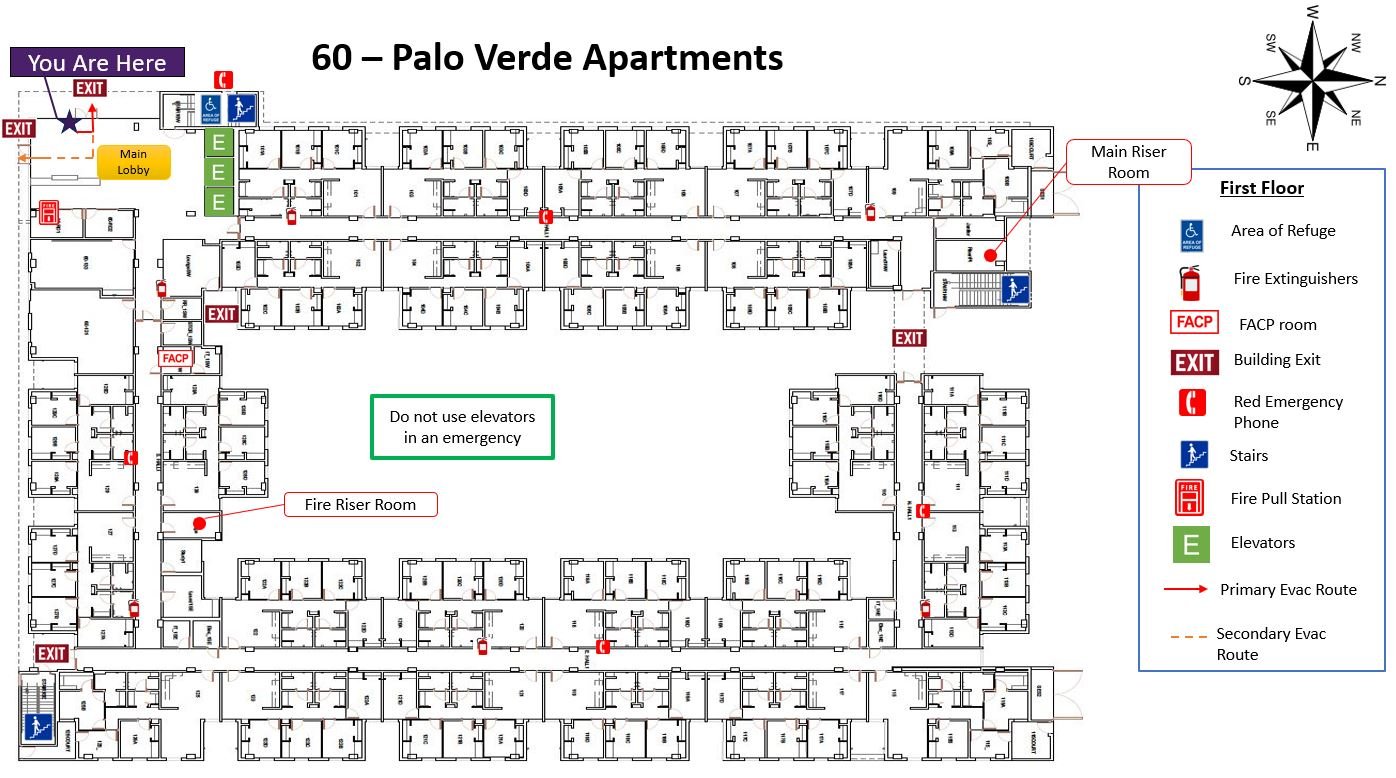
****
Overall, it is important to not only know how to prevent fires but how to act when an alarm goes off. Fire prevention starts and ends with fire safety. It is important to remember the fire safety tips listed in this article to prevent fires and fire alarms.
At Grand Canyon University, there is a department that is focused on safety and emergency mitigation. The Environmental, Health and Safety (EHS) department is comprised of Fire Prevention, Emergency Management, and Occupational Health and Safety. Whenever there is a fire alarm or elevator entrapment on campus, the Fire Prevention team is dispatched along with Public Safety to investigate the cause and ensure the equipment is working properly.
If you have any questions in regard to anything in this article or would like to know more about how EHS could help you, please e-mail: [email protected].
In case of emergencies, call Public Safety at 602-639-8100 and/or 9-1-1.




